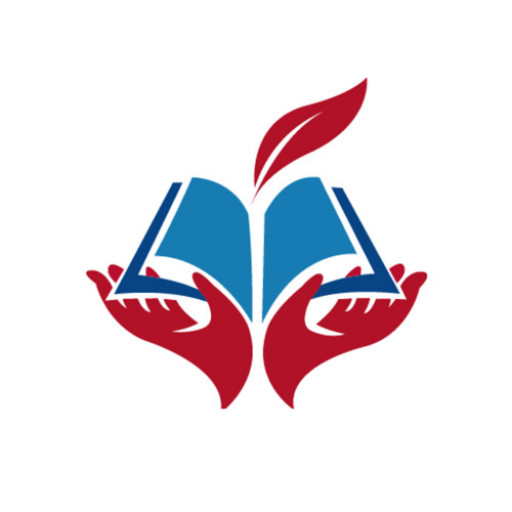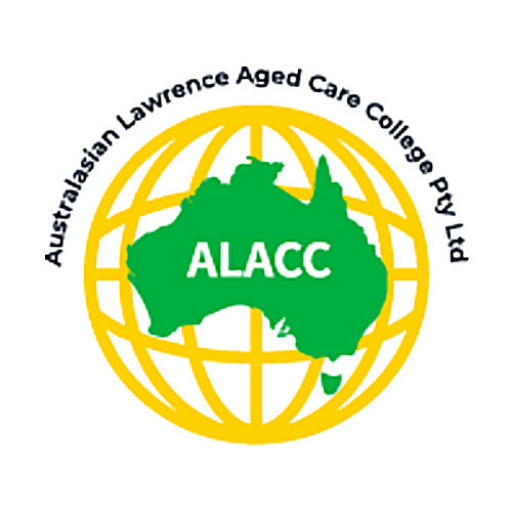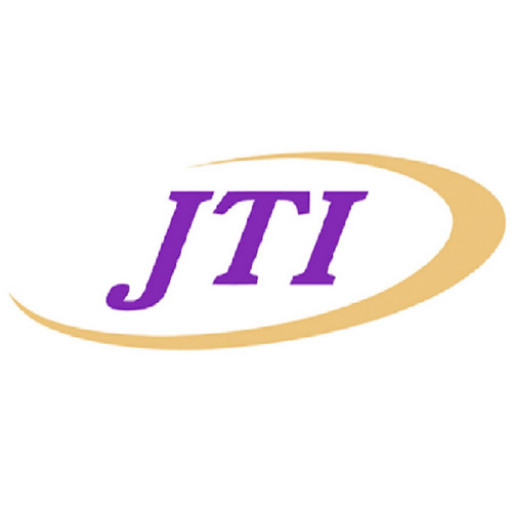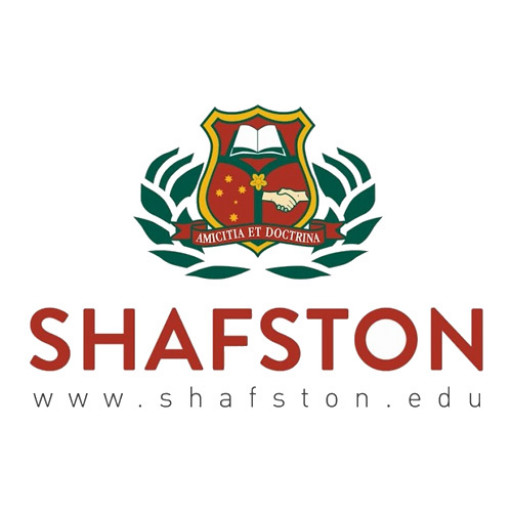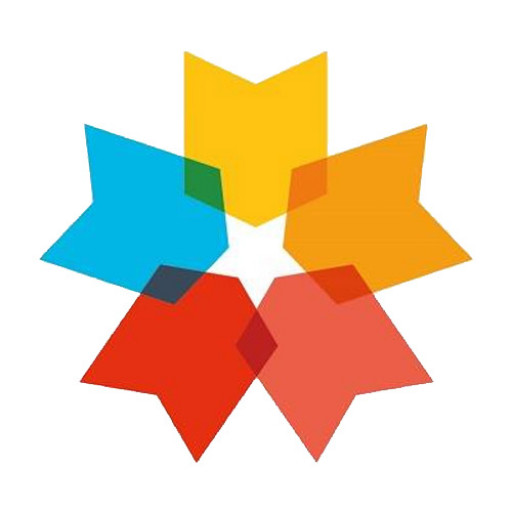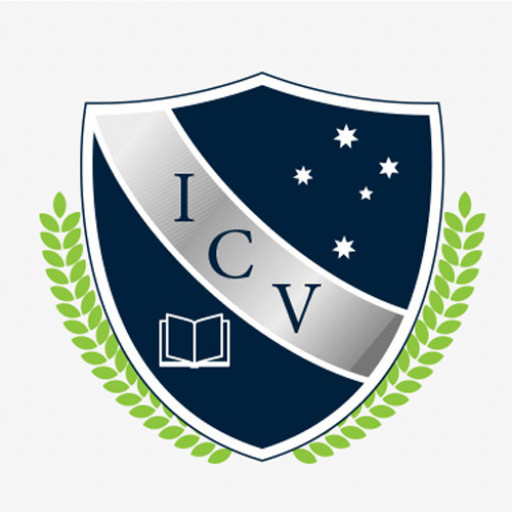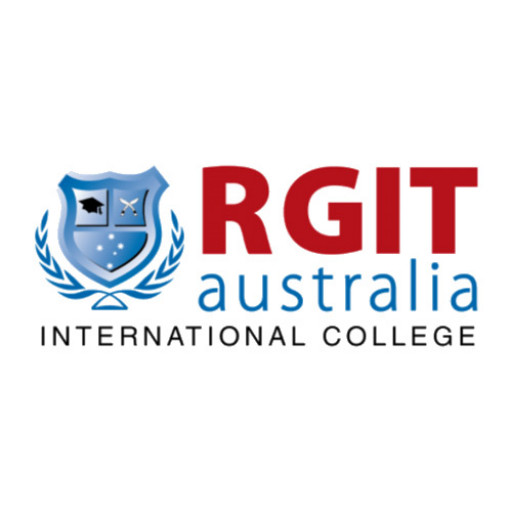Early Childhood Education and Care is a comprehensive program designed to prepare students for a rewarding career in nurturing and educating young children. This course covers essential aspects of child development, pedagogical strategies, and caregiving practices necessary for fostering a safe, supportive, and stimulating learning environment for children from birth to eight years old. Throughout the program, students will explore various educational theories and methodologies, gain practical skills in planning and implementing developmental activities, and develop a deep understanding of the social, emotional, and cognitive needs of young learners. The curriculum emphasizes hands-on experience through supervised internships and practical placements in early childhood settings, allowing students to apply their theoretical knowledge in real-world contexts. Special focus is placed on promoting inclusive education, recognizing diverse learning needs, and implementing best practices in health and safety standards. Graduates of this program will be equipped with the competencies required to work as qualified early childhood educators, preschool teachers, or childcare providers in a range of settings including preschools, daycare centers, and community programs. The program also emphasizes ongoing professional development and lifelong learning to ensure educators remain current with evolving educational frameworks and policies. Upon completion, students will receive a recognized qualification that opens doors to meaningful careers in early childhood education, making a positive impact on the developmental trajectories of young children and supporting families within their communities. The program’s flexible study options and dedicated faculty ensure a supportive learning environment tailored to aspiring professionals committed to nurturing the potential of every child.
The Early Childhood Education and Care program at Lifetime International Training College is designed to provide students with comprehensive knowledge and practical skills necessary for a successful career in early childhood development and education. Throughout this program, students will explore a wide range of topics, including child development theories, curriculum planning, inclusive education, and health and safety standards in early childhood settings. The curriculum emphasizes hands-on experience through internships and practicum placements in licensed childcare centers, allowing students to apply their theoretical knowledge in real-world environments. Participants will learn about effective communication with young children and their families, strategies for creating engaging and developmentally appropriate learning activities, and methods for assessing and supporting individual children's needs. The program also covers important aspects of ethical practices, cultural sensitivity, and current trends in early childhood education.
Students will gain an understanding of policies and legislation affecting early childhood services in their region, ensuring they are well-prepared to meet regulatory requirements and promote quality care environments. The coursework integrates contemporary pedagogical approaches, includingMontessori, Reggio Emilia, and play-based learning, to equip graduates with versatile teaching strategies. The program aims to develop educators who are passionate, reflective, and capable of fostering positive learning experiences for young children during their critical developmental years. Upon completion, graduates will be qualified to work in various childcare settings, including preschools, daycare centers, and community programs, with the potential to advance into leadership or specialized roles. The Early Childhood Education and Care program at Lifetime International Training College combines theoretical foundation with practical application, ensuring students are industry-ready and fully prepared to contribute positively to the early childhood sector.
Program requirements for the Early Childhood Education and Care diploma at Lifetime International Training College typically include: a minimum of secondary school completion or equivalent for admission; proficiency in English language skills demonstrated through relevant testing or previous education; submission of a completed application form along with supporting documents such as identification, academic transcripts, and potentially a personal statement outlining interest and motivation for working with young children. Applicants may be required to attend an interview or assessment to evaluate their suitability for the program. Prior experience working with children, while not always mandatory, may be considered an advantage during the selection process. The program also mandates completion of all coursework, practical placements, and assessments as specified in the curriculum. Participants are expected to demonstrate competency in key areas including child development theories, health and safety standards, communication and interpersonal skills, and inclusive education practices. The course may additionally require adherence to certain background checks and immunizations to ensure safety in practical settings. Successful completion of the program requires passing all exams and practical assessments as per college standards. Moreover, students are often encouraged to engage in additional workshops or seminars related to early childhood education to enhance their learning. As part of industry compliance, students might also need to obtain certifications such as First Aid and CPR during the course duration. Transfer credit policies, if applicable, are subject to evaluation based on prior qualifications. Overall, these requirements aim to ensure that graduates are well-prepared to work competently and responsibly in the early childhood education sector.
The financing of the Early Childhood Education and Care program at Lifetime International Training College is structured to provide accessible and flexible options for enrolled students. Tuition fees are set annually and are subject to adjustments based on economic factors and institutional policies. Students are encouraged to explore multiple avenues for funding their studies, including government grants, scholarships, and financial aid programs. The college offers various scholarships aimed at supporting students demonstrating academic excellence or financial need, which are awarded based on a competitive application process.
In addition to scholarships, Lifetime International Training College provides installment payment plans to ease the financial burden on students, allowing them to pay tuition fees in manageable monthly or quarterly installments. This approach ensures that students from diverse financial backgrounds can access quality education without undue hardship. For international students, there are specific financial considerations, including potential eligibility for international student loans and sponsorship schemes, which are coordinated through official government and private financial institutions.
Moreover, the college maintains partnerships with local businesses and community organizations that may offer sponsorship opportunities or bursaries for students committed to working within specific regions or sectors after graduation. The college also provides detailed guidance and support services to help students navigate the various funding options available.
In terms of costs beyond tuition, students should budget for additional expenses such as textbooks, uniforms, childcare materials, and transportation that are necessary for practical training components of the program. Lifetime International Training College strives to keep ancillary costs transparent and minimal to ensure that students can accurately plan their finances.
Overall, the college’s approach to financing studies emphasizes affordability, accessibility, and support, aiming to enable as many qualified candidates as possible to pursue their education in early childhood development. Details about specific financial aid programs, eligibility criteria, and application procedures can be found through the college’s official admissions and student support services.
The Early Childhood Education and Care program at Lifetime International Training College offers comprehensive training designed to prepare students for a rewarding career in early childhood development. This program focuses on equipping learners with the necessary skills, knowledge, and practical experience to effectively care for and educate young children from infancy through early childhood. The curriculum covers foundational topics such as child development theories, health and safety practices, inclusive education, behavior management, and communication skills essential for engaging with children and their families. Additionally, coursework emphasizes the importance of creating stimulating and supportive learning environments that promote children's social, emotional, and cognitive development.
Throughout the course, students have the opportunity to engage in practical placements within early childhood settings, allowing them to apply theoretical knowledge in real-world scenarios under the supervision of experienced educators. These hands-on experiences are integral to building confidence and competence, preparing graduates for work in a variety of settings including childcare centers, preschools, and family daycare services. The program also reviews current regulations and standards for early childhood education, ensuring students are aware of legal and ethical responsibilities relevant to their future roles.
Lifetime International Training College prides itself on providing a student-centered learning environment that fosters professional growth and lifelong learning. The faculty members are experienced practitioners dedicated to mentoring students throughout their educational journey. The program not only aims to develop technical skills but also emphasizes soft skills such as teamwork, communication, problem-solving, and cultural competence, which are essential in diverse early childhood work environments.
Graduates of the Early Childhood Education and Care program will be well-positioned to pursue certification or licensing where applicable, and many go on to work as early childhood educators, preschool teachers, child care supervisors, or family support workers. The college maintains close ties with industry partners and continuously updates its curriculum to reflect the latest developments in early childhood education. Overall, this program offers a thorough and practical pathway into the vital field of early childhood development, helping students make a positive difference in the lives of young children and their families.
